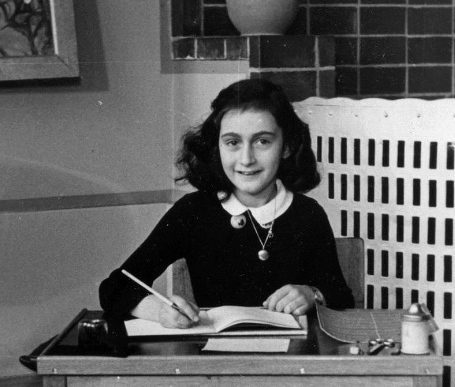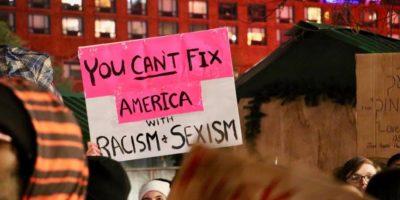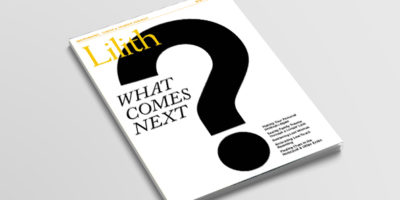
When I Could Separate…
When I was 10 years old, I could divvy, split up, break apart my life from hers. There was a distinctive difference between the life of Anne Frank and my own. We had a sea between us, we had five decades between us, we had her attic entrapment against my lakeside summers, her muted romantic longing against my Hebrew school-cut-class-make-outs. I could delineate exactly how we were different (exactly how were we different?) and this served as some intangible, necessary armor. Because in truth, all 10 years of me was horrified —slack-jawed and sad-hearted, sirening out across the past decades: Save her! My almost-friend, my almost-me. But, somehow as I ticked through my childhood Hebrew school reading list of Anne Frank, the Rosens (Number the Stars), and so many more, I found a healthy distance, the soothing community retort to my nighttime terrors of Nazi hide and chase scenes: “Never again.”
As a pre-pubescent 12-year-old, I could somehow separate between my life and the mere three generations earlier when so many of my relatives were murdered during the Holocaust. In eighth grade, I rolled my eyes at my mother, who called every friend in my beloved popular-girl clique (who had dropped me, had spread rumors, had dropped meaty little triangular notes into my locker) and compared their actions to Nazis breaking down the spirits of Jews.
At 15, standing in Yad Vashem, an endless drone of lives lost in the Holocaust playing against the backdrop of light- dotted mirrors, each light representing a life, I felt airy numbness, mild sadness, shame that I should cry, feel more saddened, stand in Israel and feel the loss of my unknown relatives like a knife cut into my own bloodline. And yet, I could separate myself.
Then it happened. The election of a president of the United States who appointed as his closest counselors people who hate my people. The conference of the “alt-right,” the “heil”ing salutes, the white-race ideology. They all feel like flashbacks to a time I knew by bone and not by memory.
Propelled by a remembered panic, I kicked into action, adopting my daughter (born to my wife in our same-sex marriage) lest she not be recognized as my daughter somehow, some way under this new regime. I got our passports in order, just in case. Yes, I did this. Writing to Jewish friends to ask what did they think, what would they do, our inner-Anne Franks sounding, our resistance armies rumbling.
After that has come my guilt. Guilt that I was at all surprised, guilt that I had the privilege of separation from my own lost relatives and the lethal anti-Semitism they faced, guilt that I’ve had the privilege not to face the immediate danger of so many undocumented immigrants, people of color, transfolks, and on and on.
As a Jew, I can no longer separate. I hear Nazi Germany as a round-the- corner bellow, no longer a whispered never-again history. I hear the echo of my grandmother’s words: “Our relatives didn’t leave, they didn’t think this would happen,” and whether from transgenerational trauma or from the truth of a real possibility, I no longer feel my spacious safety from Holocaust times, instead recognizing a closeness to my cultural identity, those we lost, and a full-blown fight-or-flight response.
Ilana Kramer is a psychologist in California.



